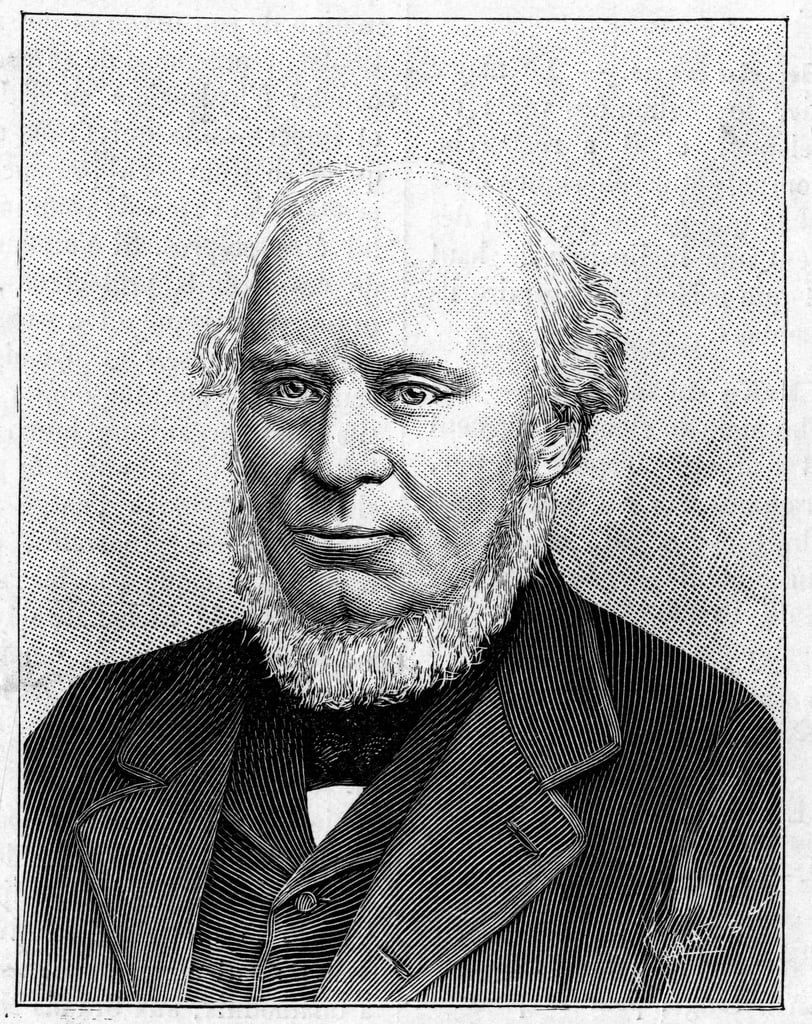Engineers ... are not mere technicians and should not approve or lend their name to any project that does not promise to be beneficent to man and the advancement of civilization.- John Fowler
The disparity between Sub-Saharan African natural resources and wealth associated with those resources is one of the greatest tragedies in the modern world. While myriad factors, such as rampant corruption and the absence of incentives, prolong this tragedy, there are basic human needs that must be met before this territory can progress. In an area where water can be used as a weapon of control in regional conflict, the more impenetrable the basic infrastructure is made, the less likely the cycle of corruption and privation is to continue.
Tired models of development in impoverished African countries have done little to help. NGO’s and government actors alike appear impotent to ignite progress in the region despite billions of dollars poured into the area annually. A large roadblock to development is the lack of understanding by funders as to how broken the humanitarian systems they fund have become. By its nature, the corruption that impedes progress in the area has great incentive to keep world donors in the dark. Ironically, the only thing that has progressed in sub-Saharan Africa is an elegant infrastructure to sustain corruption. This infrastructure of corruption includes the very governments involved in humanitarian relief.
While these systems are difficult to dismantle, we believe there are creative solutions to outmaneuver the enemies of progress.


